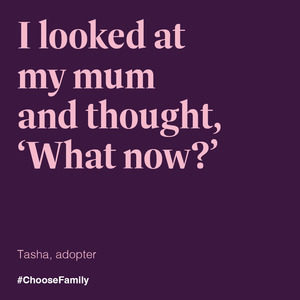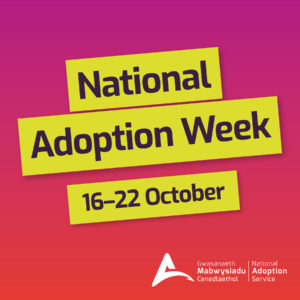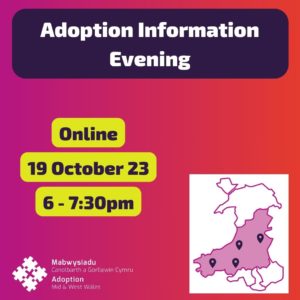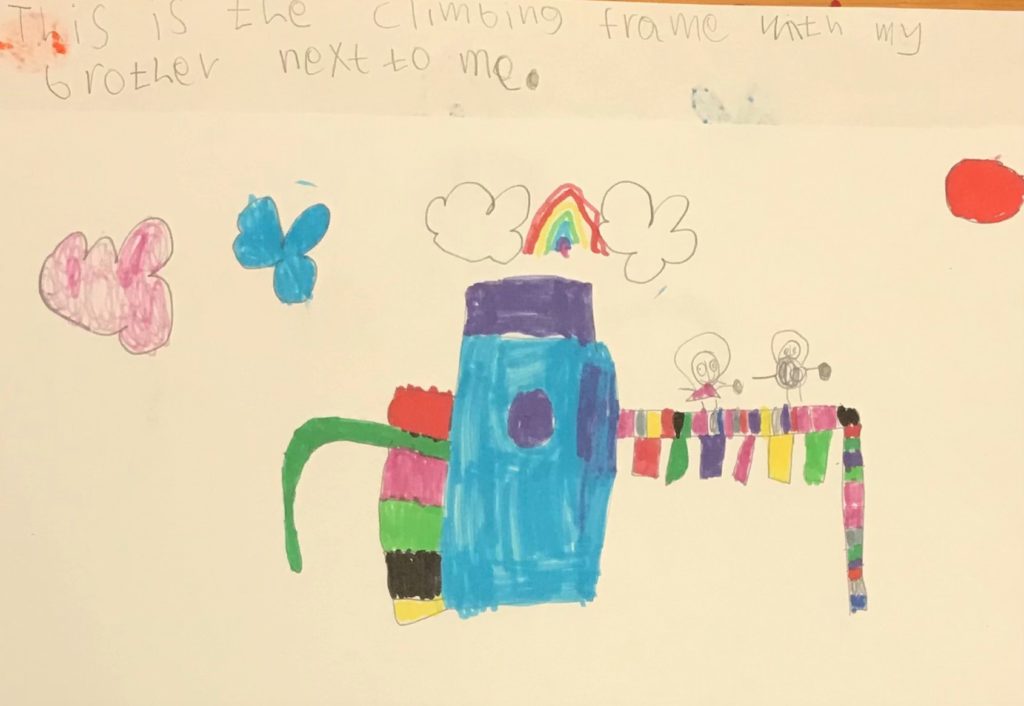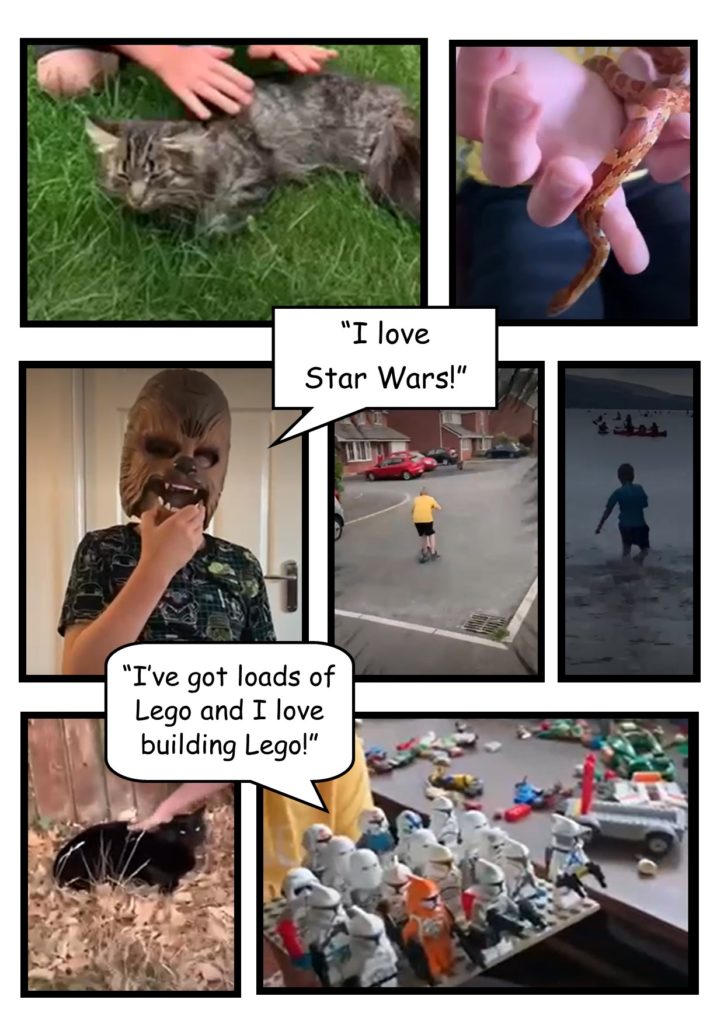
What is it like to adopt siblings as a gay couple? We spoke to Ben and Lee to find out.
Can you tell us a little about your family and what inspired to you to adopt?
As a gay man growing up in the 90s, I never thought I’d be able to have children. Thankfully that’s no longer the case, so when Lee and I got together and realised children was something we both wanted, we were able to be parents.
We are both from big, close-knit families and dreamed of having a family like that of our own which is why we decided to adopt.
Can you tell us a bit about your adoption journey?
We thoroughly enjoyed the whole process. We started by attending an open evening to get a general idea of the process, but right from the word go we knew adoption was the right journey for us.
We then went on a preparation course and after completing that we were introduced to our social worker who did the 12 home visits with us. We clicked with her instantly and found it easy to open up to her.
Throughout the whole process we just kept reminding ourselves of the end goal which was having our own family and that definitely helped us through it.
You decided to adopt siblings, can you tell us about that decision?
It was early in the process actually. We always wanted at least two children, and Lee was the one who first suggested adopting siblings. We felt that by adopting siblings from the start, we wouldn’t have to worry about any potential difficulties introducing a second child into the family later on.
What has it been like to adopt siblings?
It’s been incredible. Our girls are really close in age, so it’s been great because they have each other to play with and I think it gives them some reassurance being together. They have a special bond which is amazing to see.
Can you tell us a bit how you prepared to bring home siblings?
We were lucky to have a good connection with the foster carer and she let us ask her pretty much every question under the sun. We wanted to make sure everything was the same for them and she really reassured and guided us.
As for the shopping, we just had to buy everything in double, so we got two cots, a double buggy.
February is LGBT+ History month. What is it like to adopt as a gay couple in 2025?
It’s been completely smooth sailing for us throughout the whole process. We were accepted by everyone at Mid and West Wales Adoption and we’ve never experienced any prejudice about us being a gay couple at all.
When we started the process, I think we were both a bit apprehensive going into the preparation course. Would we be the only gay couple there and what would the other couples think of us? As it turned out, we had nothing to worry about, there was another gay couple on the course, and everyone was so kind and accepting of us.
It’s amazing to think that anyone born these days, when they come around to adopting in 20-30 years times, it’ll just be normal but for us growing up, it was completely alien to imagine being able to adopt and have children as a gay man.
I don’t think everything is perfect for gay couples yet, there is still work to be done but we haven’t come across any negativity or had any trouble at all in the world of adoption.
Have you started thinking about how you’re going to talk to your daughters about having two dads?
We’ve bought various age-appropriate books that introduce having two mums, two dads, one mum or one dad to the children and explains the only thing that matters is being a loving unit, so we read those to them. We do a lot of reading ourselves so we’re ready for the questions they might have when they’re a bit older and there’s a lot of great resources out there we can use when the time comes.
What is your advice to anyone who has just started the adoption process?
Reach out to fellow adopters because they have been through it and can offer help and support. We joined various groups on Facebook and Instagram and read a ton of adoption blogs to understand the process.
And keep in mind, no question is silly or too small.
And finally, what has adoption brought to your life?
It’s changed our life for the better. We are certainly more busy and more active, but it’s brought so much joy to our life and given us both a sense of purpose.
Beforehand we were both busy going off to work every day but now our main focus is our family. You get to relive your own childhood almost and it’s amazing to get to pass things on to our children.
It’s been a delight seeing them settle into life here, accepting us and they just make us smile and laugh every day.
If adoption is something you have considered, but want to learn more, please contact us for an informal discussion. We’ll support you every step of the way and help to create your golden moments of becoming a family.
You can get in touch by phone 0300 30 32 505 or email adoptionenquiries@carmarthenshire.gov.uk



